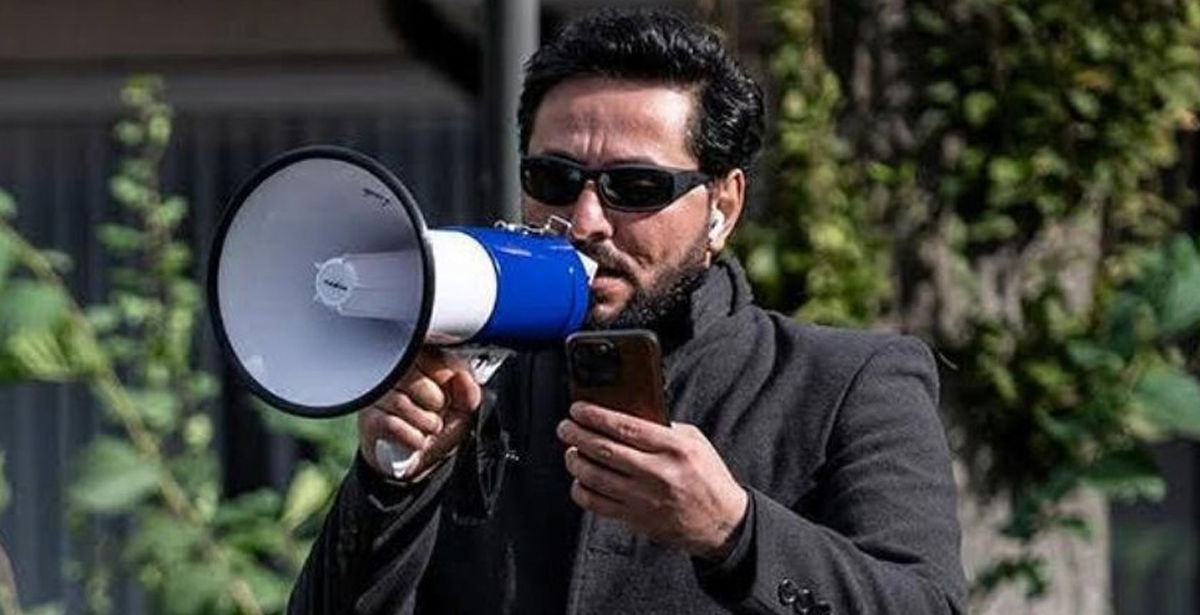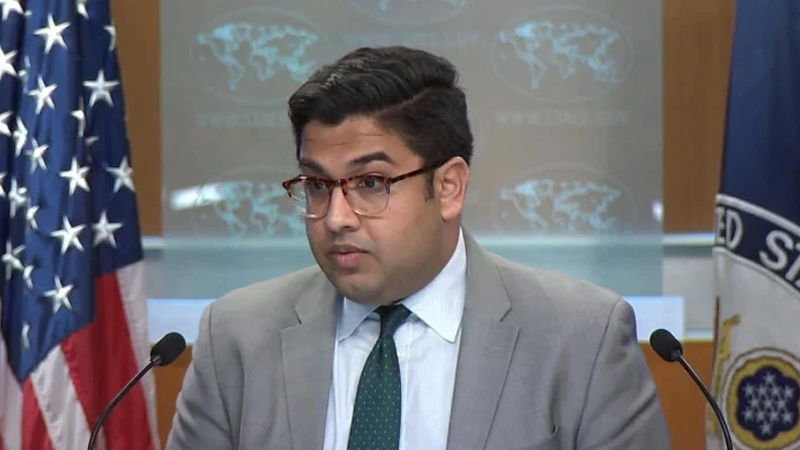In a recent development, a Delhi court has extended the detention of Indian opposition leader Arvind Kejriwal in connection with a corruption case until April 23, as reported by legal news website Live Law. This decision poses a setback to the opposition, which relies on Kejriwal’s participation in campaigning for the upcoming general elections set to commence this week.
Kejriwal, who serves as the chief minister of Delhi, was arrested by the Enforcement Directorate (ED), India’s financial crime-fighting agency, in relation to alleged corruption involving the city’s liquor policy. Initially remanded to custody until April 15, his detention has now been prolonged.
Challenging the legality of his arrest, Kejriwal contends that it is politically motivated. In a separate hearing on Monday, the Supreme Court of India directed the ED to respond to Kejriwal’s challenge by the week of April 29, after which the case will be further deliberated upon. Kejriwal, a vocal critic of Prime Minister Narendra Modi, firmly rejects the charges against him and other opposition leaders as politically driven.
While Modi and his Bharatiya Janata Party (BJP) refute allegations of interference in law enforcement operations, Kejriwal’s arrest has sparked widespread protests in Delhi and the northern state of Punjab, both governed by his Aam Aadmi Party (AAP). The situation has also garnered international attention, notably from the United States and Germany.
Despite Kejriwal’s detention, the opposition, including the AAP and the Congress party, have formed a united front under the 27-party coalition called INDIA. However, recent opinion polls indicate a strong lead for the BJP, suggesting a high likelihood of the party securing a historic third term.
With India set to begin voting in a seven-phase general election on April 19, the outcome remains eagerly anticipated. Vote counting is scheduled for June 4, marking a crucial milestone in the country’s democratic process.











Leave a Reply